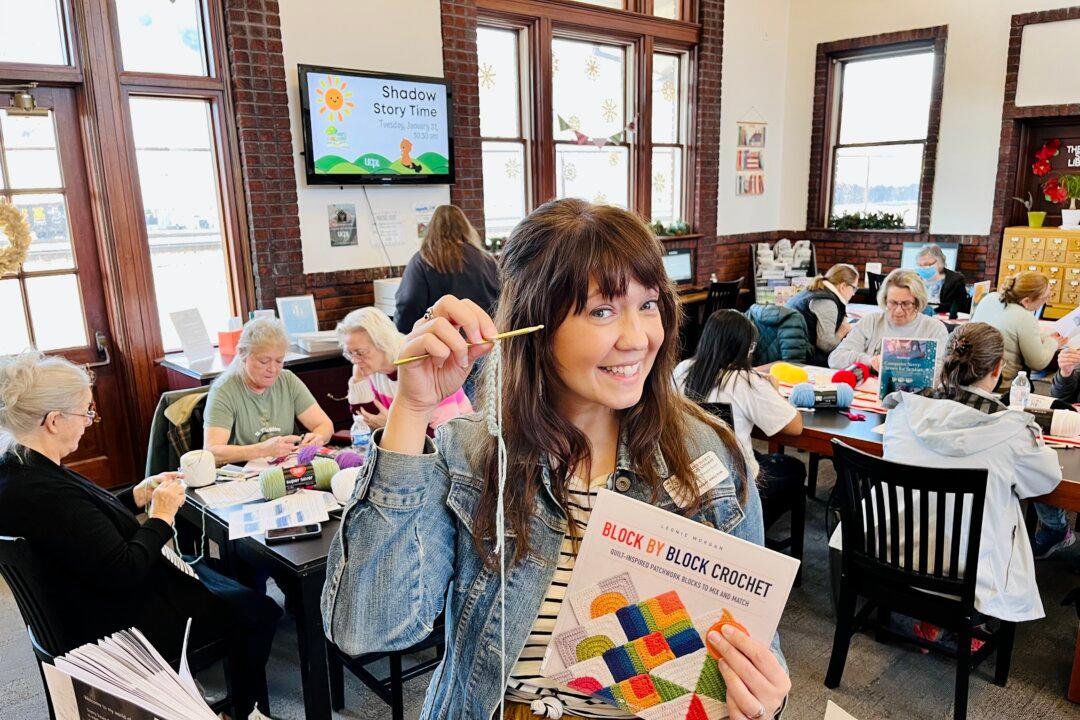Drive down any interstate in the United States, and the sights are the same. Sure, the terrain and weather differ—Eastern Colorado sports the Great Plains and the Southern Rockies, and snow blowers are roaring in Minnesota even while tourists are basking in the sun of Mississippi’s Gulf Coast. Apart from those differences, these highways are mostly one and the same.
The high speeds require a driver’s complete attention to the road, and the off-ramps generally feature the same bill of fare: fast food restaurants, chain motels, gas stations, and some occasional signage urging travelers to come see some local attraction.






